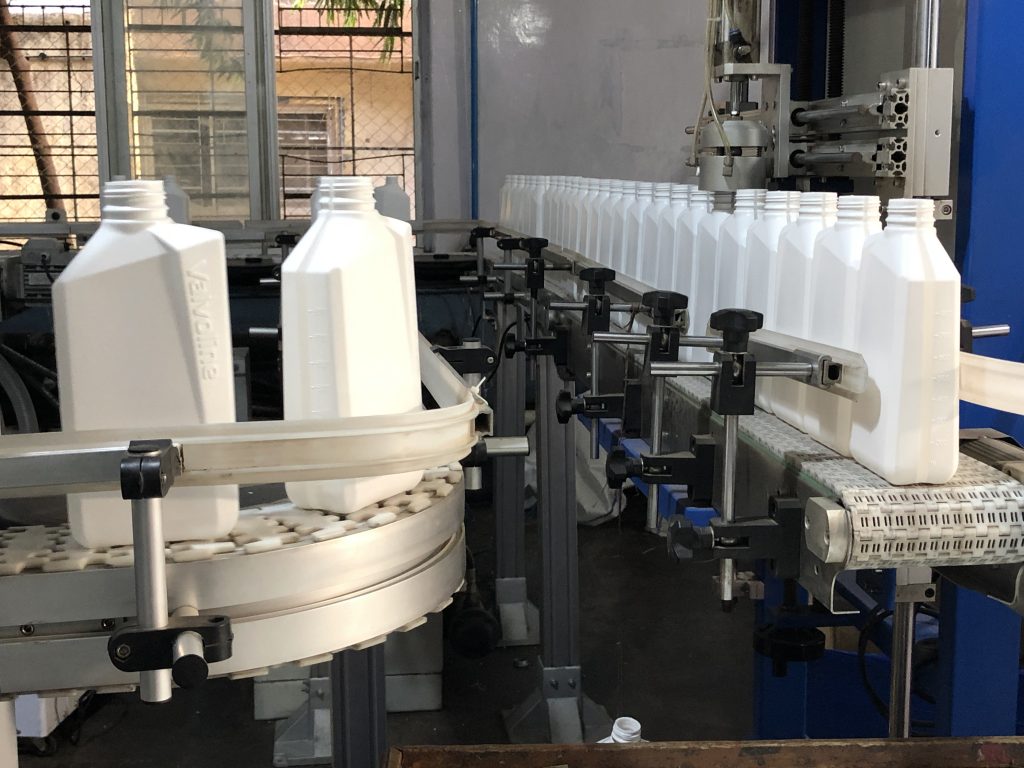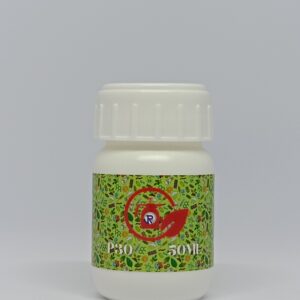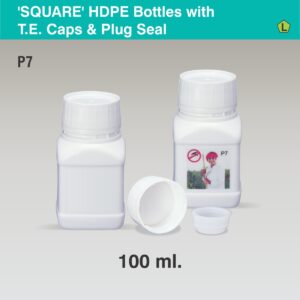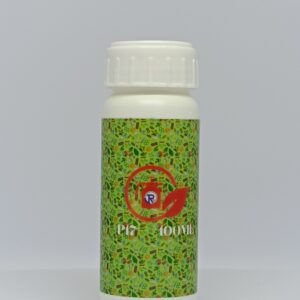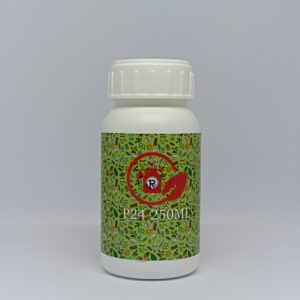Capsule Containers
Capsule Containers offer convenience and safety for packing medicines.
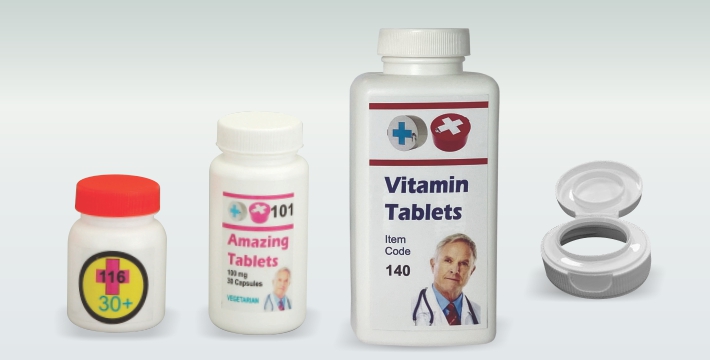
Product Overview
Capsule Containers are packaging materials that are made of safe plastic materials, which contain or are intended to contain pharmaceutical formulations. They are commonly used as packaging materials for most types of pharmaceutical dosage forms due to the several advantages that they possess over glass containers. Because Capsule is in direct contact with the pharmaceutical formulations, they are usually made of materials which do not include in their composition any substance that can alter the efficacy or stability of the formulation, or present a risk of toxicity.
Product Benefits
- Capsule Containers are not easily breakable.
- Capsule Containers are light in weight and resistant to leakage.
- Capsule Containers are mass produced on moulding machines and are economical
- Capsule Containers have excellent finishing, and offer a large label area.
- Capsule Containers are generally chemically inert and resistant to corrosion
- Capsule Containers are safe and food grade, FDA, EU and US DMF certificates are available with most HDPE Bottle manufactures in India.
Key Features
- The anti-child opening function of the capsule containers can prevent children from opening the bottle at will, and serve as an obstacle to children ingesting medicines not meant for them.
- Popular capsule containers sizes are 20cc to 1500cc.
- Capsule containers provide good stress crack resistance and impact strength along with a uniform wall thickness for better labelling and appearance.
- Unlike blister packing which is generally in a silver aluminium colour, tablet bottles can be customized in almost any possible attractive colour, and helps brand owners differentiate their product offering.
- After use, the capsule container can be sent to a collection centre to be washed, cleaned and generally re-used to make another plastic bottle.
Industry Use Cases
- Capsule containers can be defined as the economical means of providing presentation, protection, identification, information, convenience, compliance, integrity and stability of the product.
- Why are child-resistant caps required? The World Health Organization considers child-resistant caps to be one of the most effective methods for reducing accidental poisoning in children. It has minimized the incidence of medication-related deaths worldwide.
- Capsule or Tablet or Pill containers are generally made in standard neck sizes, and off the shelf, caps and closures solutions such as continuous thread caps, CRC Caps, Flip Top Caps with choice of induction seal wad, EPE Wad and/or Tamper Evident Ring are available.
Products
Showing 1–16 of 17 results
Download Catalogue
